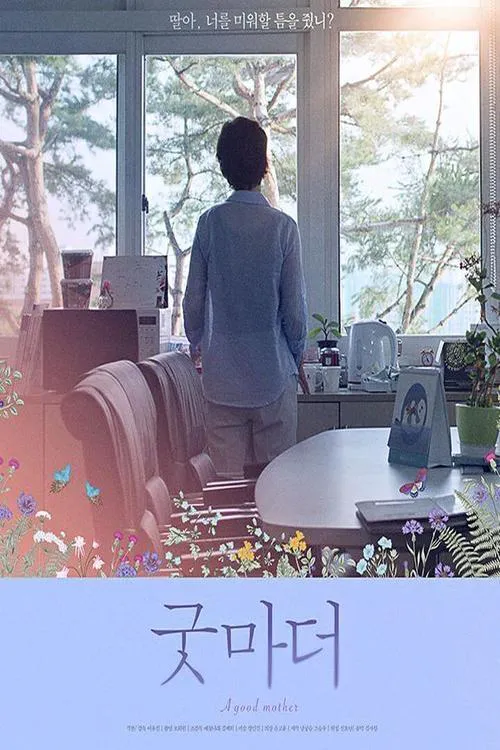A Good Mother

Trama
A Good Mother is a 2002 South Korean drama film that explores the complexities of mother-daughter relationships, societal expectations, and personal identity. Su-mi, a working mother, has been trying to navigate her daughter's growing awareness of her own identity as a lesbian. As Su-mi strives to understand and accept her daughter, she begins to see the world through her daughter's eyes, which ultimately leads her to discover her own sense of self. The story takes a pivotal turn when Su-mi and her husband are invited to a wedding celebration of Ms. Kim's daughter. The festivities serve as a catalyst for Su-mi's transformation from a reluctant and judgmental parent to an understanding and supportive mother. During the reception, Su-mi engages in a heart-to-heart with Ms. Kim, her coworker and mentor, which helps her shed her preconceived notions about the importance of societal norms. Su-mi's relationship with her daughter becomes more open and honest as they discuss their emotions, desires, and the challenges they face. She begins to see her daughter as a strong-willed individual who deserves her love, respect, and acceptance. This growth in Su-mi's character also affects her relationships with others, particularly with her husband, who struggles to cope with their changing family dynamics. Tensions arise when Su-mi's husband is unable to understand and support their daughter's identity. His reluctance sparks a deep divide between the couple, testing the bonds of their marriage. As Su-mi navigates this conflict, she comes to realize that her marriage is built on more than just societal expectations. She must confront the reality that her family's happiness is tied to her acceptance and understanding. Throughout the film, director Yim Soon-rye skillfully crafts a narrative that balances the weighty themes of mother-daughter relationships, personal identity, and societal expectations. The story is told with a delicate touch, neither idealizing nor vilifying the characters but rather offering a nuanced portrayal of their complexities. The film also raises important questions about the role of family and tradition in shaping one's identity. Su-mi's journey is not about abandoning her values or rejecting the societal norms that she holds dear, but rather about adapting them to accommodate the changing needs of her family. In doing so, she becomes a more empathetic and compassionate person. As the story unfolds, it becomes clear that Su-mi's acceptance is not a sign of weakness but rather a testament to her strength as a mother and a member of her community. By embracing her daughter's identity, Su-mi is able to transcend traditional expectations and create a more inclusive and loving environment for everyone. In the end, A Good Mother offers a powerful exploration of love, acceptance, and the complexities of mother-daughter relationships. The film presents a hopeful portrait of what can happen when we choose to see the world through the eyes of our loved ones. By doing so, we can build bridges of understanding and create a more compassionate world, where everyone feels seen, heard, and valued.
Reseñas
Recomendaciones


